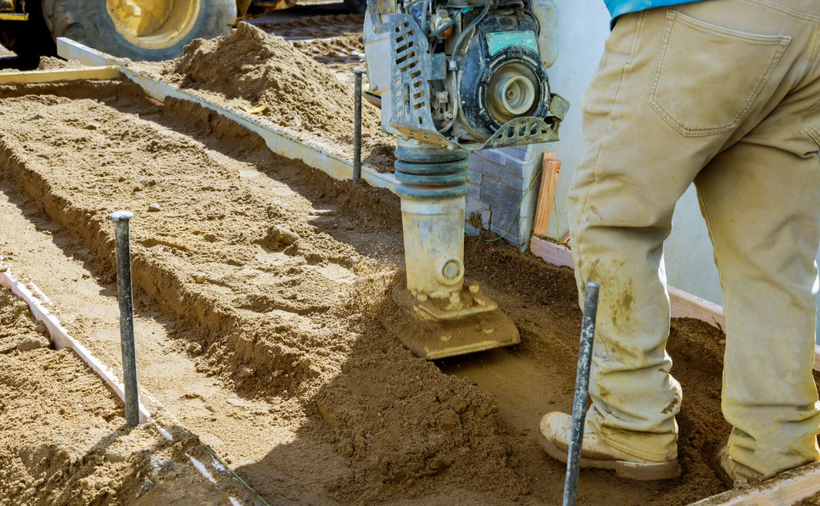
When it comes to construction, one of the most important, but often overlooked, steps is proper soil compaction. Whether you’re laying a foundation for a new building, preparing a roadbed, or working on landscaping, getting the ground ready with the right compaction equipment is absolutely essential. Without solid ground preparation, even the most carefully planned project can run into problems later on.So how do you know which compaction equipment is right for your job? Let’s break it down in a way that’s easy to understand, and introduce you to All States Africa, a trusted supplier of high-quality equipment like Masterpac compactors, designed to help you get the job done right.Why Soil Compaction MattersThink of soil compaction as creating a strong base. When soil is properly compacted, it becomes more stable, less prone to shifting, and better able to support the weight of whatever you’re building, whether it’s a house, a road, or a retaining wall. Compacted soil also reduces the risk of water infiltration and erosion, which can damage your structure over time.Skipping or rushing this step is a bit like building a house on a pile of pillows, things might seem fine at first, but over time, things will start to shift, crack, and sink.Types of Compaction EquipmentThere are different types of construction machinery made specifically for different soil types, project sizes, and jobsite conditions. Here’s a quick look at the most common ones:1. Plate CompactorsThese are ideal for smaller jobs like sidewalks, driveways, and trenches. They work best on granular soils like sand and gravel and are great when working in tight spaces.2. Rammer Compactors (or Jumping Jacks)Perfect for compacting cohesive soils like clay, rammers deliver a high impact force to a small area. They’re commonly used for backfilling trenches and working in narrow spaces.3. RollersFor larger areas like roads or big commercial sites, rollers are the go-to. You’ll find different types here too, smooth drum rollers for granular soil and padfoot rollers for clay-rich, cohesive soil.4. Vibratory CompactorsThese are powerful machines that use vibration to settle particles into a dense configuration. They’re ideal when you need deep, uniform compaction, especially for foundations and road construction.Choosing the Right Equipment for Your ProjectWhen planning your project, consider the following:
Soil Type: Different machines work better on different soils. Sandy or gravelly soil? Go with a plate compactor or smooth drum roller. Clay-rich soil? You’ll need a rammer or padfoot roller.Project Size: Bigger areas call for bigger equipment. It’s not just about efficiency—it’s also about achieving consistent compaction throughout the site.Access and Maneuverability: Is your worksite tight or wide open? Smaller equipment is easier to maneuver in tight corners, while large rollers are better suited for open fields and long stretches.Depth of Compaction Required: Some projects need surface-level compaction; others require deeper groundwork. Be sure to choose equipment that can reach the needed compaction depth.
